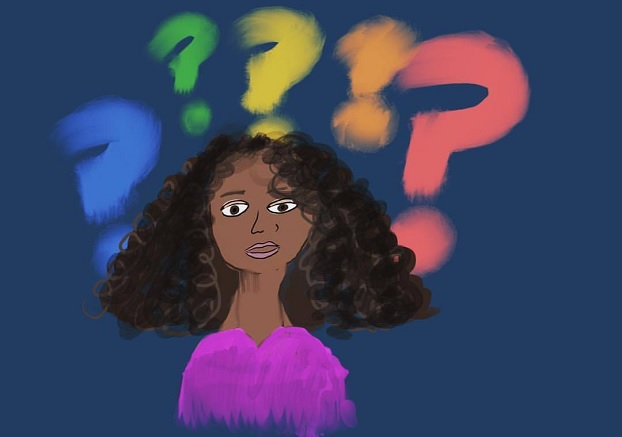
If you prayed more often, this wouldn’t happen.
When I repeated my parents’ comments to my therapist, she asked me why they were not being supportive. I had no answer back then, but now I do: decades of culturally-ingrained misinformation and an underlying stubbornness to believe otherwise.
Clinical mistrust and skepticism of mental health are recurring themes among South Asians, and to some degree, it is understandable. Big pharma and the frustrations of the American healthcare system often alienate individuals from seeking treatment for mental illnesses. Additionally, the medical model does not work for everyone.
Sometimes, what an individual needs during low points of their mental health is support from their community. Unfortunately, I have heard from too many South Asians for which this was not the case.
While the South Asian community in the U.S. is not monolithic and varies in customs and traditions, there is a lack of communal understanding with regards to mental health.
In order to combat the intergenerational stigma of mental health among the South Asian community, we need a community-level understanding that mental health IS health.
A clinical model that addresses cultural barriers toward seeking care is vital. For example, immigrants that speak different languages may require translators. This in turn can increase clinical distrust between an individual and their therapist. There are over 200,000 South Asians living in the San Francisco Bay Area. Yet we rarely have counselors that look like us and understand our cultural values.
We need to elevate culturally-sensitive resources and create spaces dedicated toward South Asian populations in the United States. This includes recognizing the impact of identity on mental health outcomes; an example of this is the LGBTQ community. South Asian LGBTQ-identifying individuals are at a statistically higher risk of suicide not just due to their sexuality, but also because of stigma attached to mental health in our community.
Another social determinant we need to recognize as a community is caste. The caste system, while supposedly “abolished” in India, is a significant determinant of income and intergenerational wealth. Recently, Equality Labs released a report on caste-based discrimination on the United States. The results were jarring: a quarter of Dalits in the United States experienced verbal or physical abuse based on their caste status. Oppression takes a toll on mental health, and we have to come to terms with this if we wish to sufficiently address the issue.
But perhaps most importantly, we need to deconstruct the myth that mental health is not our health. In my case, I was told multiple times during depressive episodes to stop “acting up.” This sentiment is not exclusive to my family. Mental illness is not bad behavior, it is a health outcome. Whether it be anxiety or schizophrenia, mental health has consequences for physical health, even if these health effects are invisible.
Change needs to happen via dialogue, so it’s time to start. Talk with your families regarding mental illness. Support their decisions regarding their mental health. We, as a community, can come together to help de-stigmatize mental health.
***
Anita Vikram is a South Asian American born and raised in the Bay Area. Her first book and memoir, Brown Girl in a White Country, is now available for purchase online. Find her on Facebook, Twitter, and on Medium, where the original version of this essay appeared.
***
Additional reading:
MannMukti Launches Website & Podcast To Speak Up About South Asian Mental Health
Found In Our Mother Tongue: Thoughts On Mental Health, South Asian Languages and Poetry
Aparna Nancherla’s Just Putting It Out There Brings Mental Health To The Stage
Open Letter: We Need to Talk About How Mental Health Affects South Asian Men
Why A Bollywood Celebrity’s Struggle With Depression Is A Big Deal
The Silence About Mental Health in South Asian Culture Is Dangerous
A Look at the Many Ways Bollywood Mishandles Mental Health












